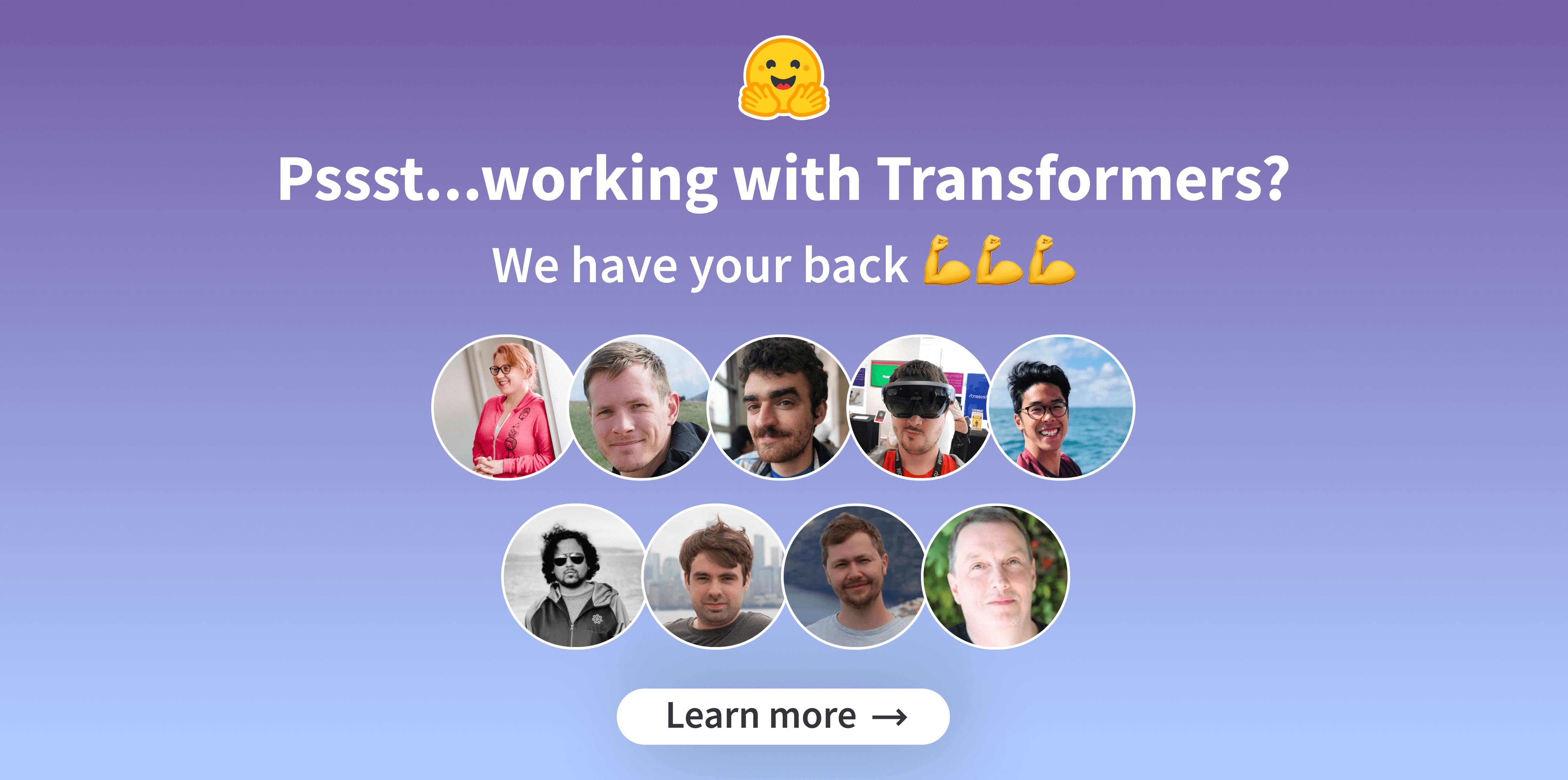* Add nemotron support * fix inference * add unit test * add layernorm1p as a class to avoid meta device mismatch * test fixed * Add copied_from statements * remove pretraining_tp args * remove nemotronlayernorm * force LN computation done in FP32 * remove nemotrontokenizer and use llamatokenizer * license update * add option for kv_channels for minitron8b * remove assert * o_proj fixed * o_proj reshape * add gated_proj option * typo * remove todos * fix broken test after merging latest main * remove nezha/nat after meging main * chnage default config to 15b model * add nemo conversion script * rename conversion script * remove gate_proj option * pr comment resolved * fix unit test * rename kv_channels to head_dim * resolve PR issue * add nemotron md * fix broken tests * refactor rope for nemotron * test fix * remove linearscaling * whitespace and import * fix some copied-from * code style fix * reformatted * add position_embedding to nemotronattention * rope refactor to only use config, copied-from fix * format * Run make fix-copies * nemotron md with autodoc * doc fix * fix order * pass check_config_docstrings.py * fix config_attributes * remove all llama BC related code * Use PreTrainedTokenizerFast * ruff check examples * conversion script update * add nemotron to toctree
42 KiB
🤗 Transformers
State-of-the-art Machine Learning for PyTorch, TensorFlow, and JAX.
🤗 Transformers provides APIs and tools to easily download and train state-of-the-art pretrained models. Using pretrained models can reduce your compute costs, carbon footprint, and save you the time and resources required to train a model from scratch. These models support common tasks in different modalities, such as:
📝 Natural Language Processing: text classification, named entity recognition, question answering, language modeling, summarization, translation, multiple choice, and text generation.
🖼️ Computer Vision: image classification, object detection, and segmentation.
🗣️ Audio: automatic speech recognition and audio classification.
🐙 Multimodal: table question answering, optical character recognition, information extraction from scanned documents, video classification, and visual question answering.
🤗 Transformers support framework interoperability between PyTorch, TensorFlow, and JAX. This provides the flexibility to use a different framework at each stage of a model's life; train a model in three lines of code in one framework, and load it for inference in another. Models can also be exported to a format like ONNX and TorchScript for deployment in production environments.
Join the growing community on the Hub, forum, or Discord today!
If you are looking for custom support from the Hugging Face team

Contents
The documentation is organized into five sections:
-
GET STARTED provides a quick tour of the library and installation instructions to get up and running.
-
TUTORIALS are a great place to start if you're a beginner. This section will help you gain the basic skills you need to start using the library.
-
HOW-TO GUIDES show you how to achieve a specific goal, like finetuning a pretrained model for language modeling or how to write and share a custom model.
-
CONCEPTUAL GUIDES offers more discussion and explanation of the underlying concepts and ideas behind models, tasks, and the design philosophy of 🤗 Transformers.
-
API describes all classes and functions:
- MAIN CLASSES details the most important classes like configuration, model, tokenizer, and pipeline.
- MODELS details the classes and functions related to each model implemented in the library.
- INTERNAL HELPERS details utility classes and functions used internally.
Supported models and frameworks
The table below represents the current support in the library for each of those models, whether they have a Python tokenizer (called "slow"). A "fast" tokenizer backed by the 🤗 Tokenizers library, whether they have support in Jax (via Flax), PyTorch, and/or TensorFlow.